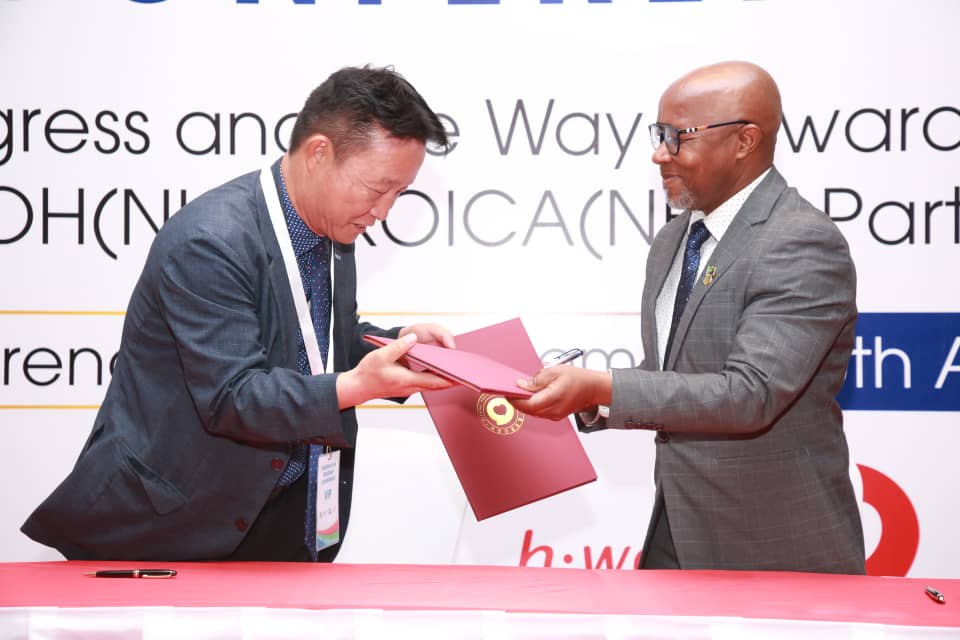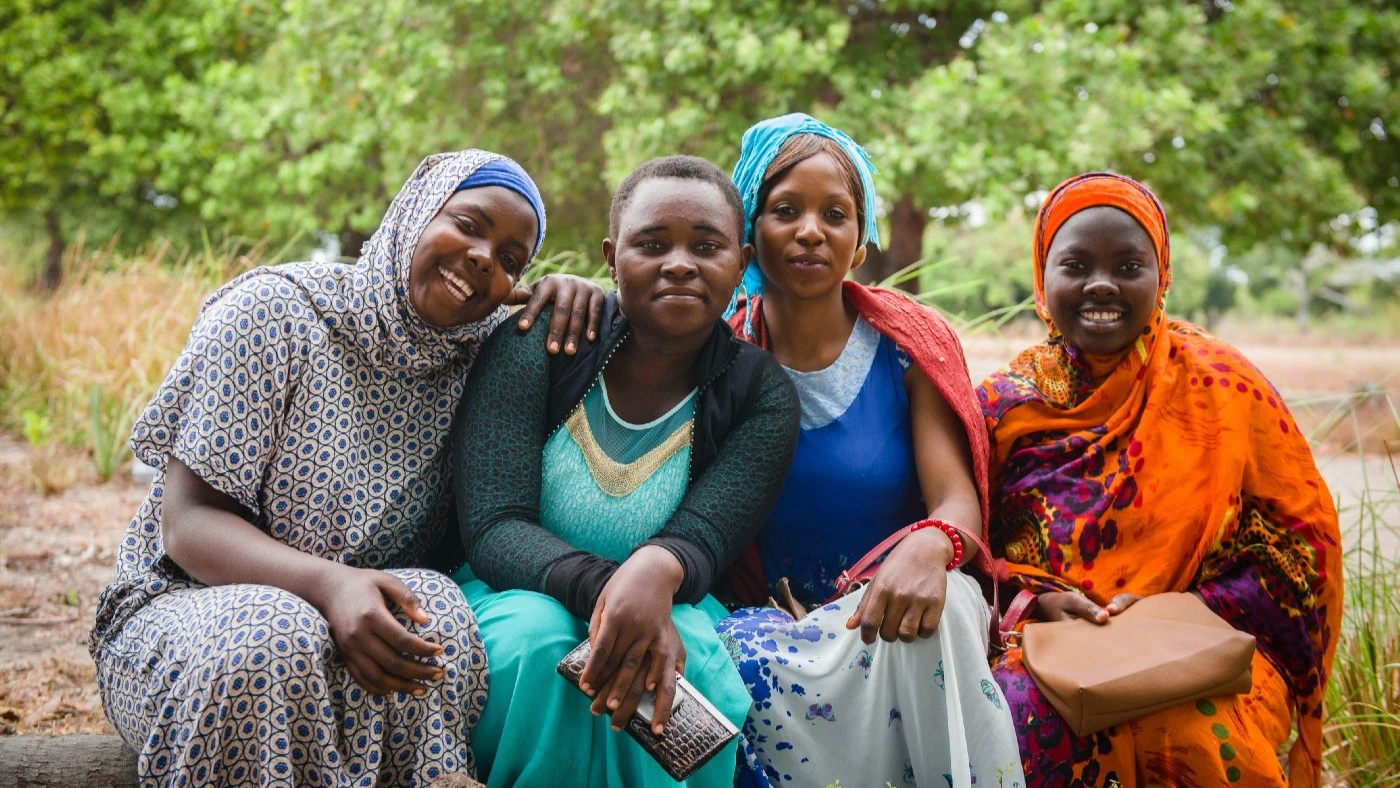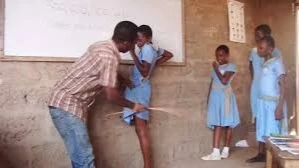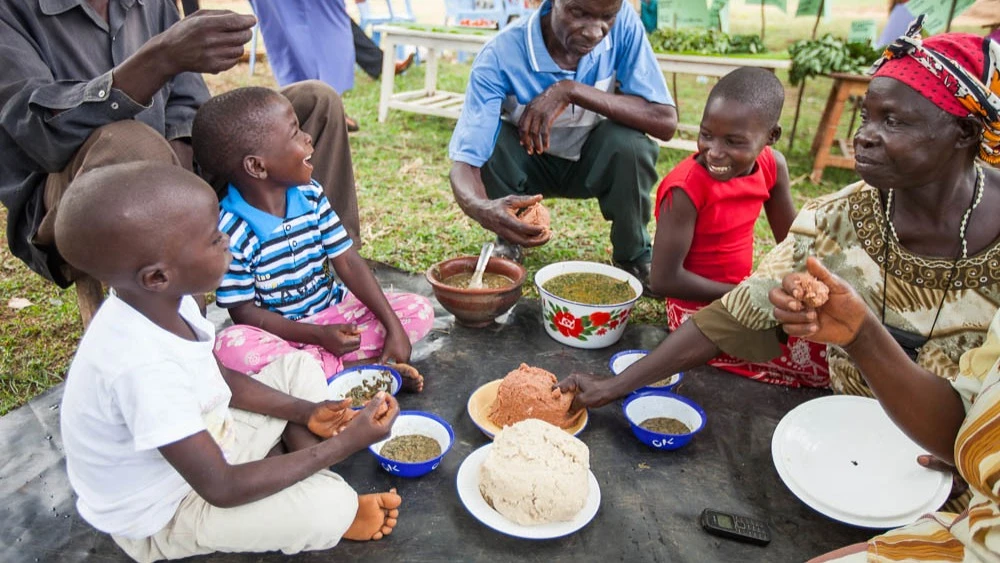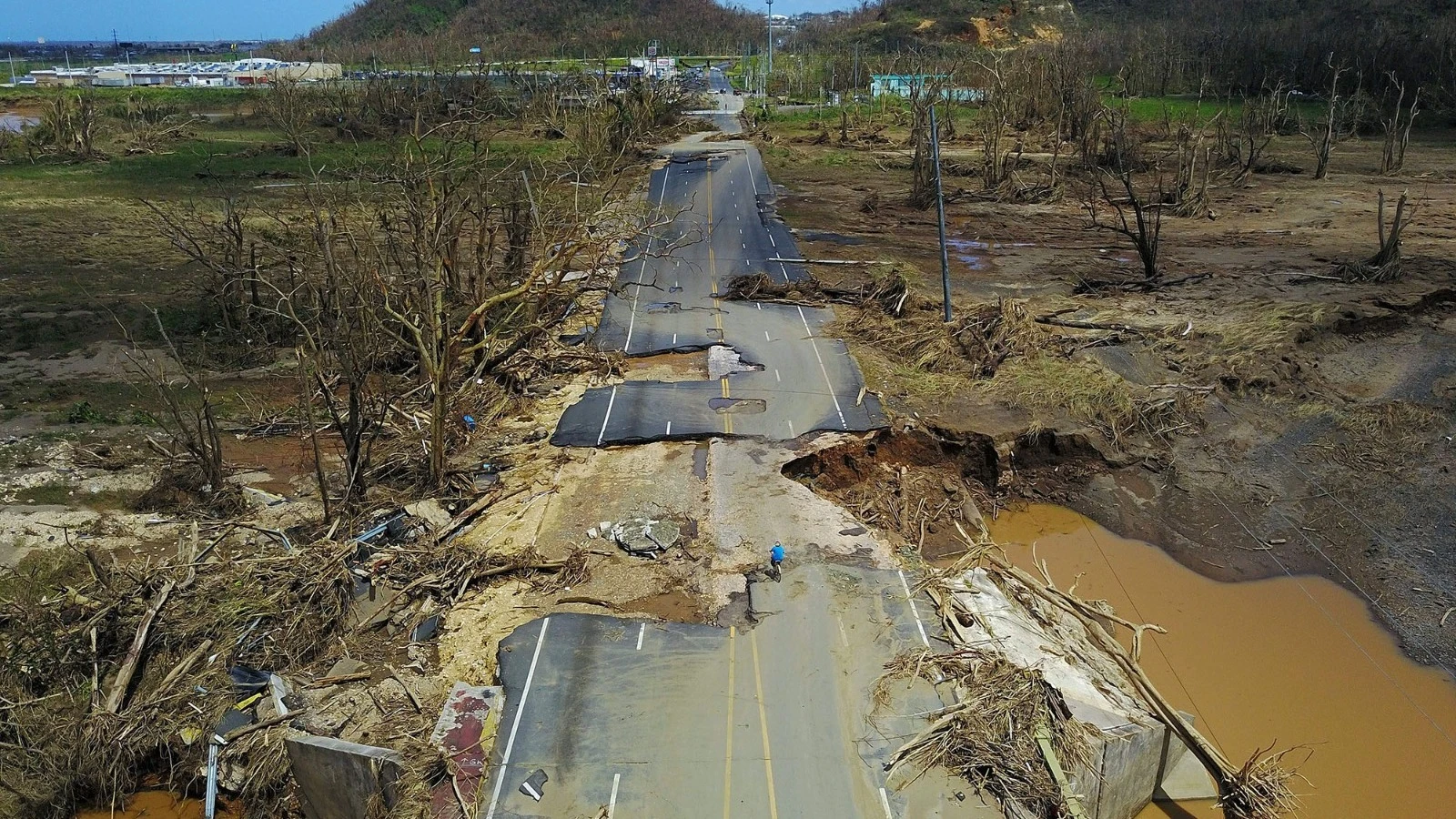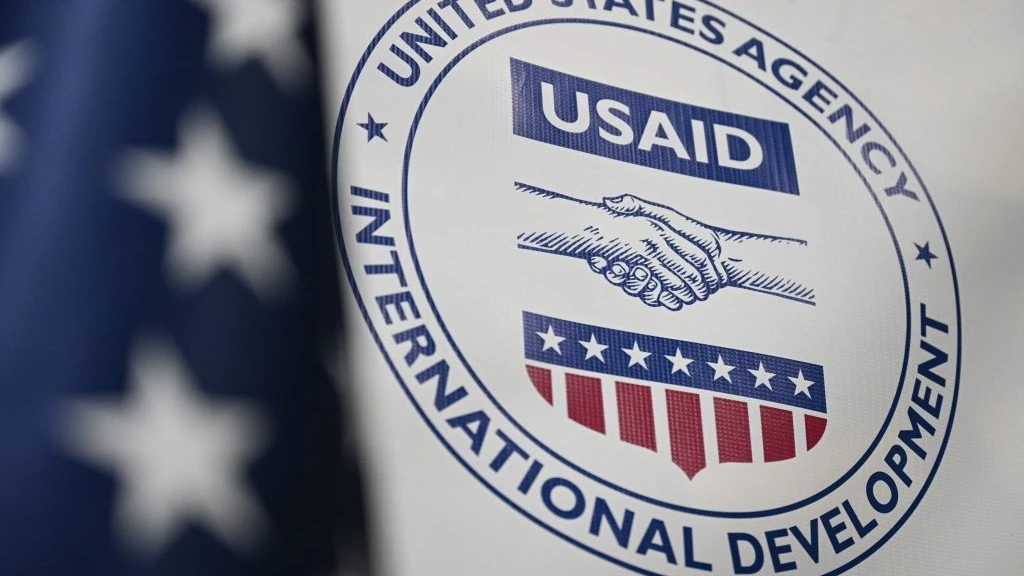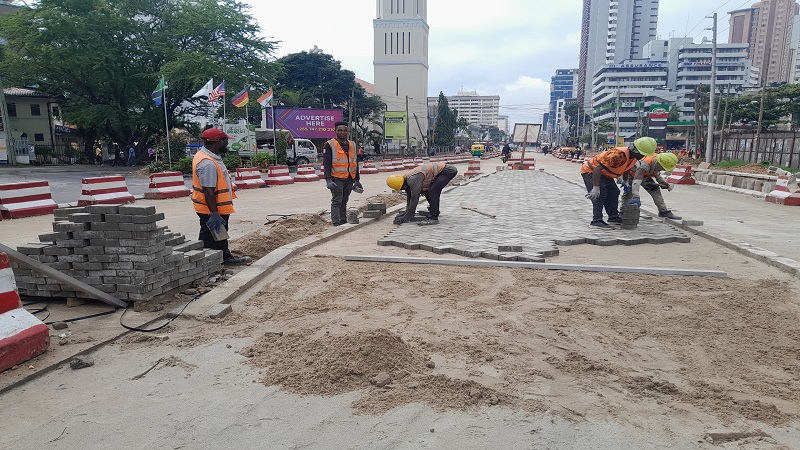Korea signs up 38bn/- Dar neonatal care uplift project
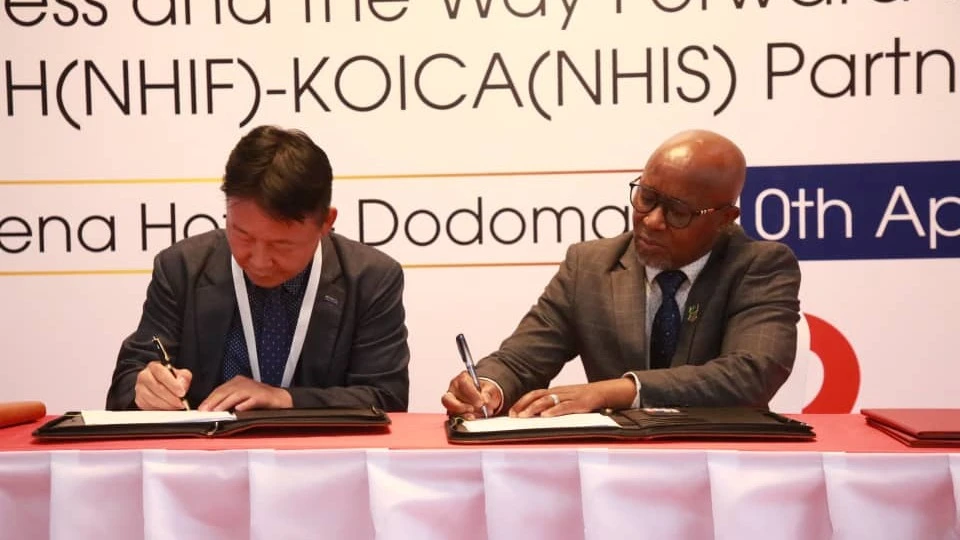
AN agreement valued at 38bn/-for a health project to refurbish three regional referral hospitals in Dar es Salaam was yesterday signed with the Korean republic.
Dr. Seif Shekalaghe, the Health permanent secretary, officiated at the signing of the memorandum of understanding (MoU) for the new health project, noting that the project is fully funded by the Korea International Cooperation Agency (KOICA).
It is a five year project (2025 to 2029) and will be implemented at Amana, Temeke and Mwananyamala hospitals, he said, describing the project as very important to the government.
It is intended to support government efforts in reducing the high neonatal mortality rates by improving maternity wards infrastructure, the provision of medical equipment, capacity building of health care staff and availability of emergency transport.
The project titled ‘strengthening high-risk maternal and neonatal care services in Dar es Salaam’ is focused on the need for sharp reduction of maternal deaths as fundamental in improving health care for the people.
This is one of the aims of universal health insurance, he said, explaining that UHI is a commitment to ensure all citizens regardless of their economic situations access health services.
At the ceremony, the UHI draft road map was shared among the participants, as well as a report on the progress made by the government for UHI initiation.
Seung Yeon Lee, counsellor at the Korean embassy, said in a statement earlier that KOICA was impressed by government efforts for a leapfrog, via the Universal Health Insurance Act of 2023 and putting it into practice.
As a key development partner, the agency remains committed to support Tanzania in improving lives of the people by eradicating extreme poverty and supporting wider socio-economic transformation.
One of the key areas of this transformation is a healthy nation, where significant support is invested in the health sector, he said, applauding the government for seeking to improve lives by taking up social protection as paramount in the pursuit of development.
High morbidity and mortality rates in Tanzania are contributed by lack of health insurance to cover for medical treatment, he said, noting that the embassy was pleased when the government approached them to support UHI.
Korea is among countries that succeeded in UHI and enrolled 100 percent of its population, he said, affirming that KOICA supported the initiative through the Quick Development Experience Exchange Program (Q-DEEP).
It is a funding modality that provides short-term technical assistance, including sharing development experience with partner countries, conducting research and analysis of the situation on the ground and development of a follow up project, he explained.
With KOICA’s support, the National Health Insurance Services (NHIS) of Korea partnered with the Ministry of Health and the National Health Insurance Fund (NHIF) to undertake groundwork on UHI and recommendations on strategies that would lead to its successful implementation.
“The main deliverable of the support was to develop a draft road map to facilitate the implementation of the UHI initiative in Tanzania. Participants gathered to share the findings of our partnership project that was implemented by the three entities,” he added.
Top Headlines
© 2025 IPPMEDIA.COM. ALL RIGHTS RESERVED


